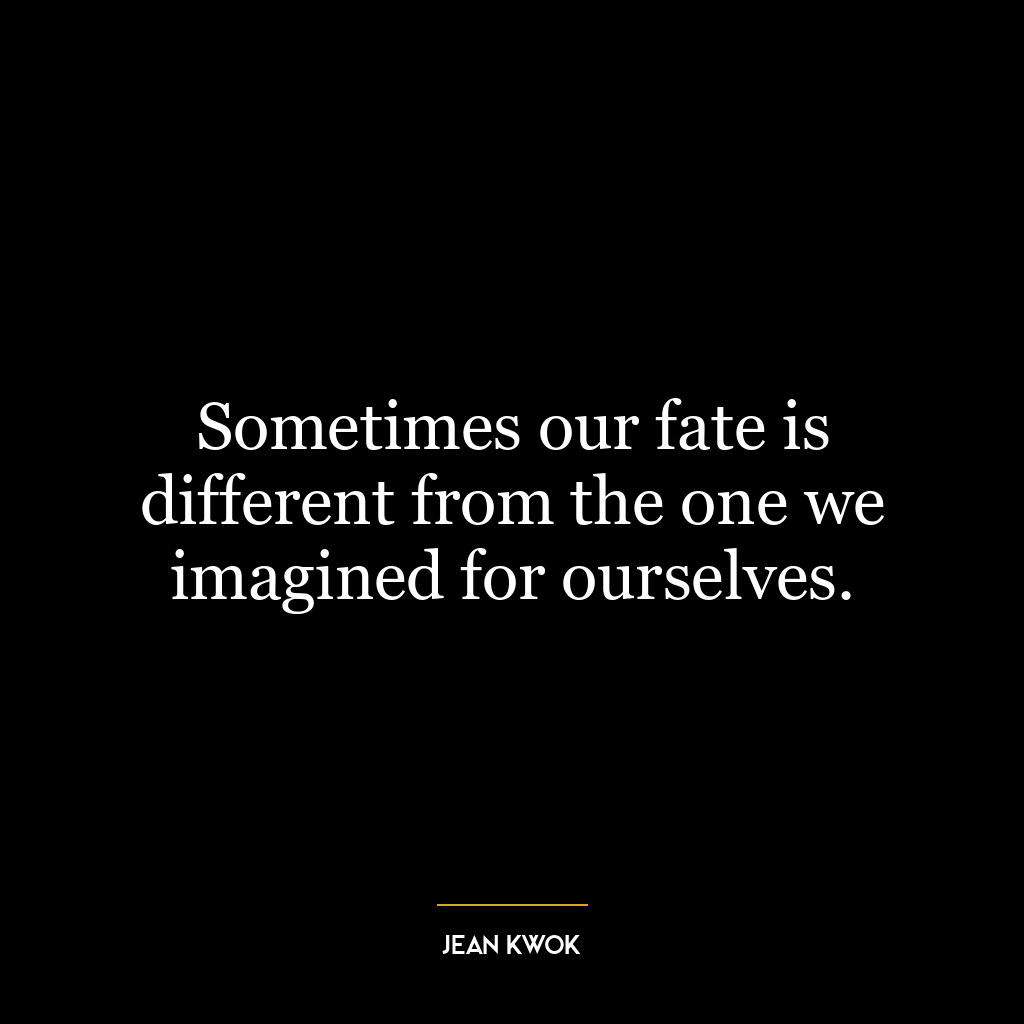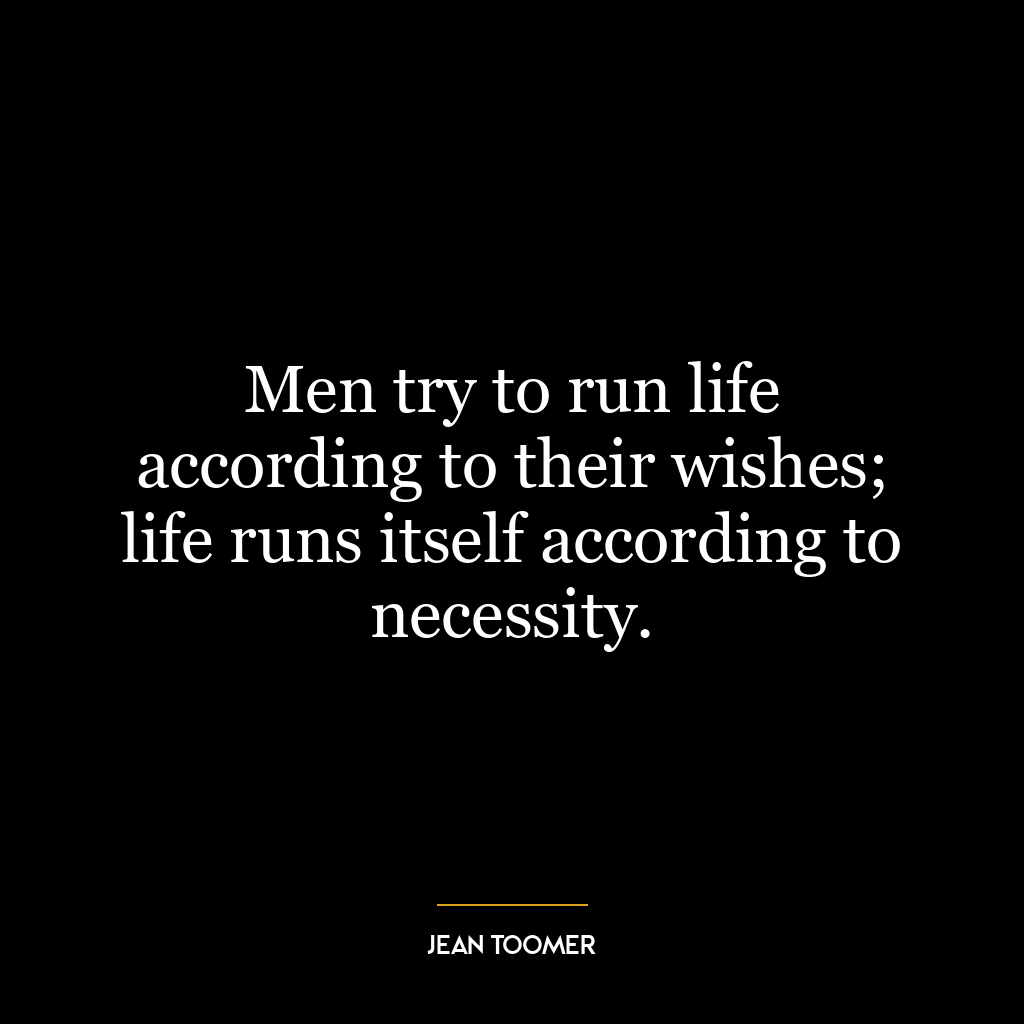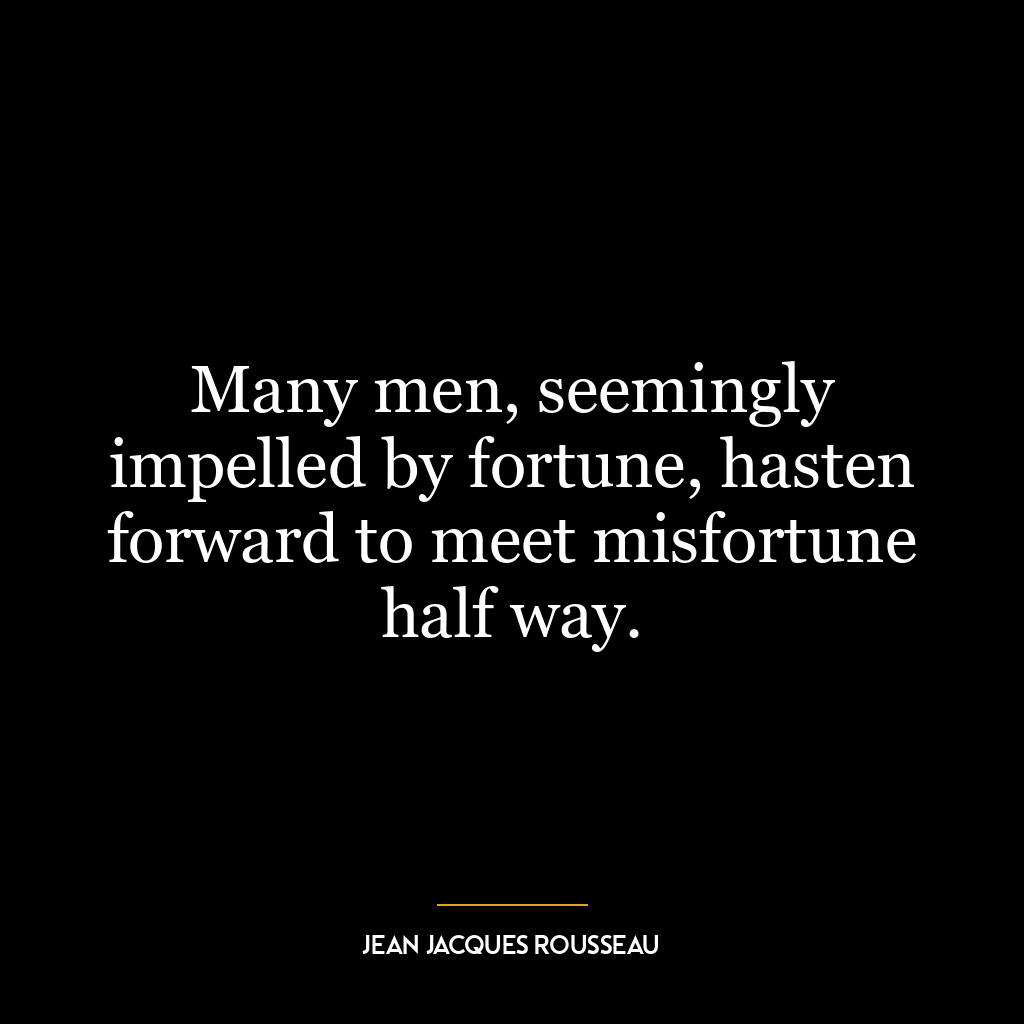This quote highlights the perspective that a God who does not possess dominion (supreme authority), providence (guidance or care), and final causes (ultimate purpose or reason) is essentially equivalent to fate and nature. It implies that if God is stripped of these attributes, then the divine becomes no different from the impersonal forces of fate and nature. The quote suggests that the true essence of God, as perceived by Pope, lies in these three attributes: dominion, providence, and final causes.
Dominion signifies supreme authority, the ability to control and govern all things. Providence refers to the divine guidance or care that God provides to all creation. Final causes denote the ultimate purpose or reason for everything that happens. If God does not have these attributes, then God is reduced to the impersonal, indifferent forces of fate and nature.
Applying this concept to today’s world, it can be seen in the way people perceive and interact with the divine or spiritual forces. Some people may view God as an impersonal force, like fate or nature, that simply allows events to unfold without intervention. This perspective may lead to a more passive approach to life, where individuals feel they have little control over their circumstances.
On the other hand, if people perceive God as having dominion, providence, and final causes, they may feel more empowered and guided in their lives. They may believe that there is a higher purpose or reason for their experiences and that they are being cared for and guided by a higher power. This belief can foster resilience, purpose, and motivation, as individuals feel they are part of a larger, meaningful plan.
In terms of personal development, this quote could encourage individuals to reflect on their beliefs about the divine and how these beliefs impact their attitudes and behaviors. If they perceive the divine as an impersonal force, they might be encouraged to take more personal responsibility for their actions and their life circumstances. If they perceive the divine as a caring, guiding force, they might find comfort and motivation in the belief that they are part of a larger plan. Either way, reflecting on these beliefs can lead to greater self-awareness and personal growth.















